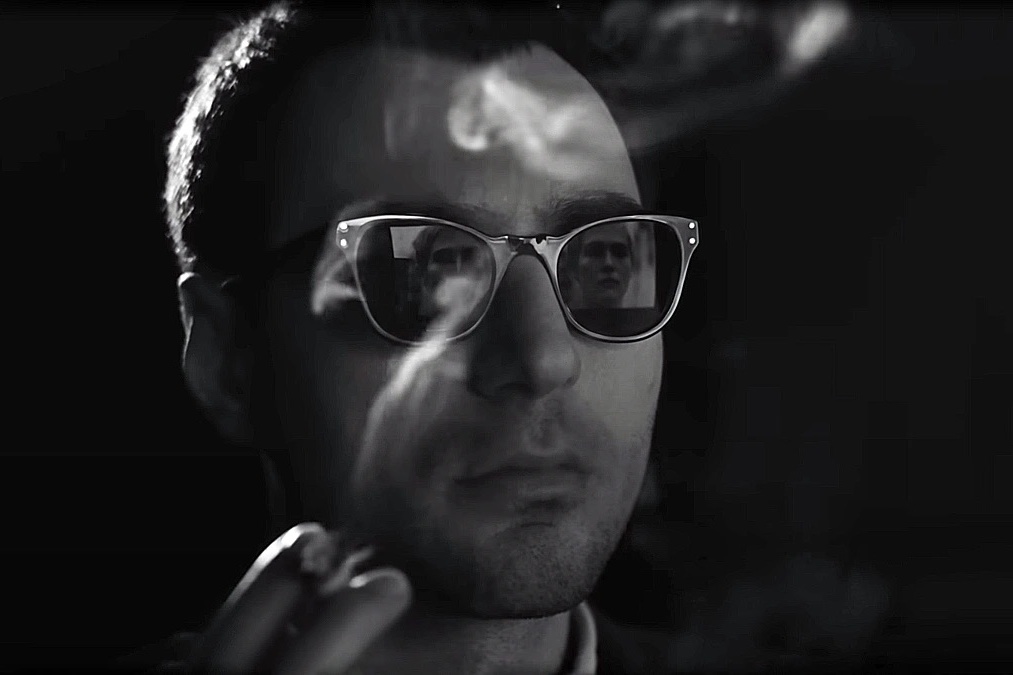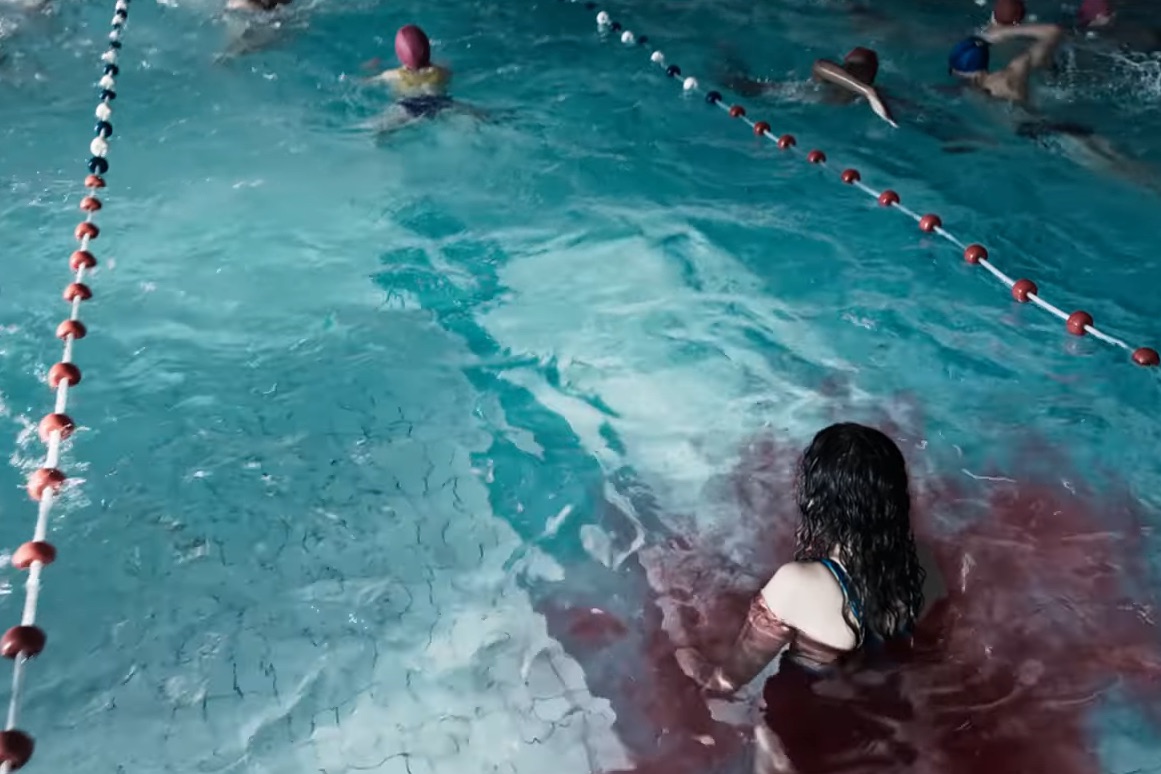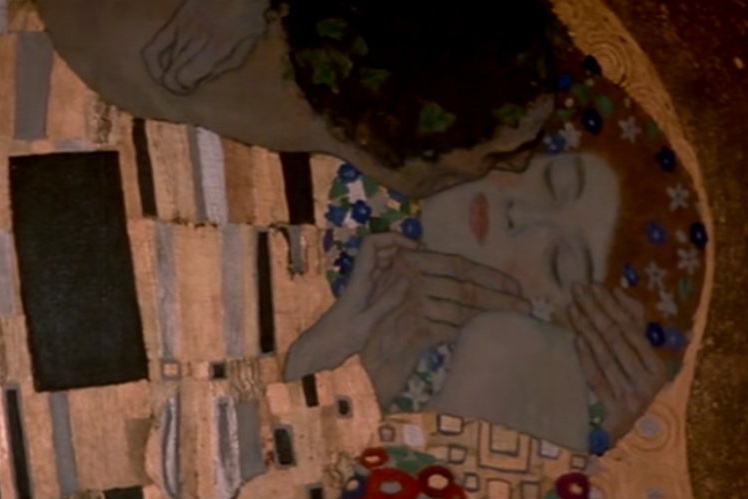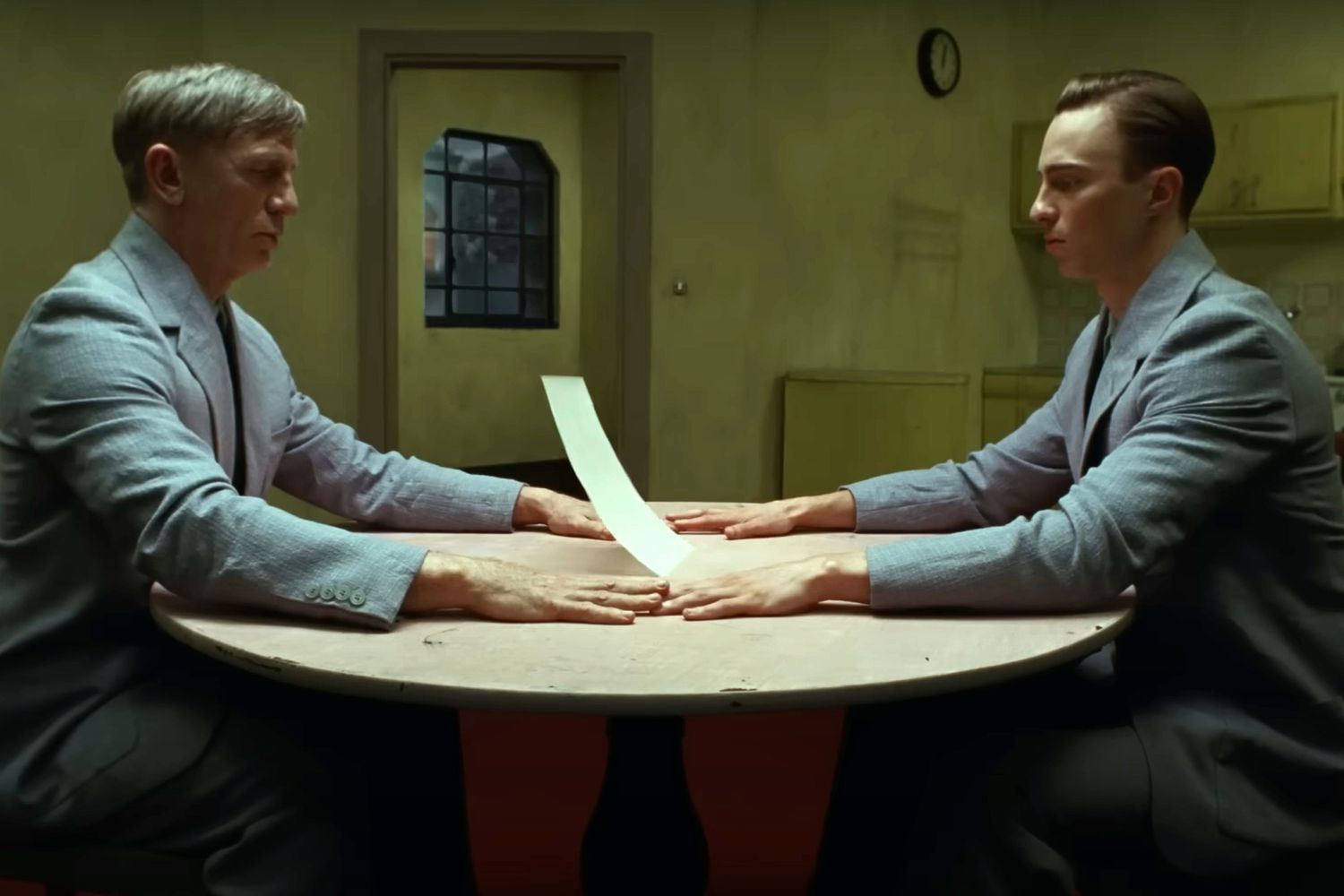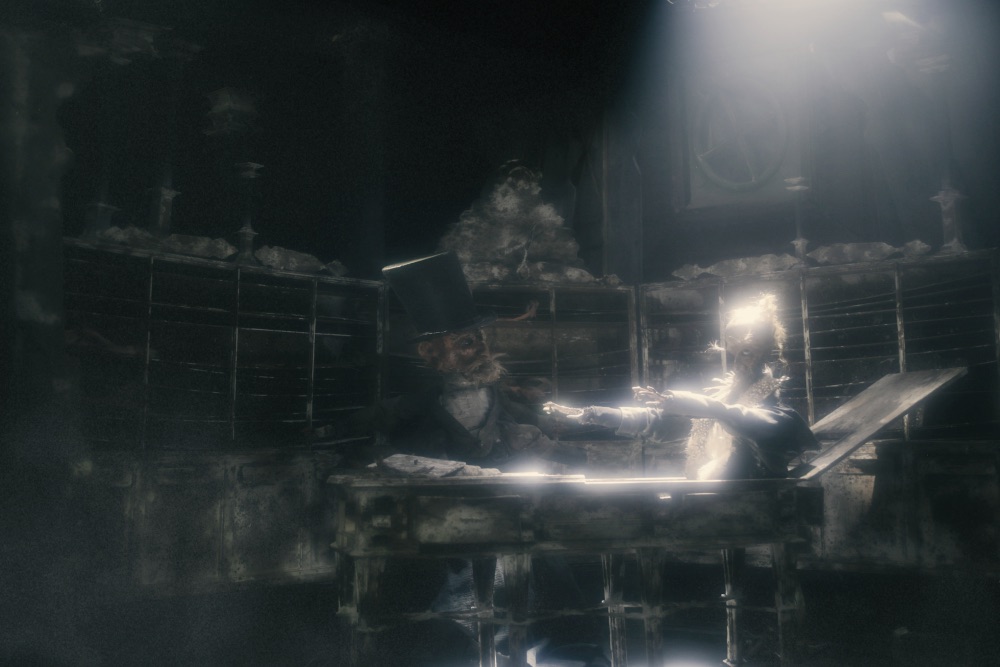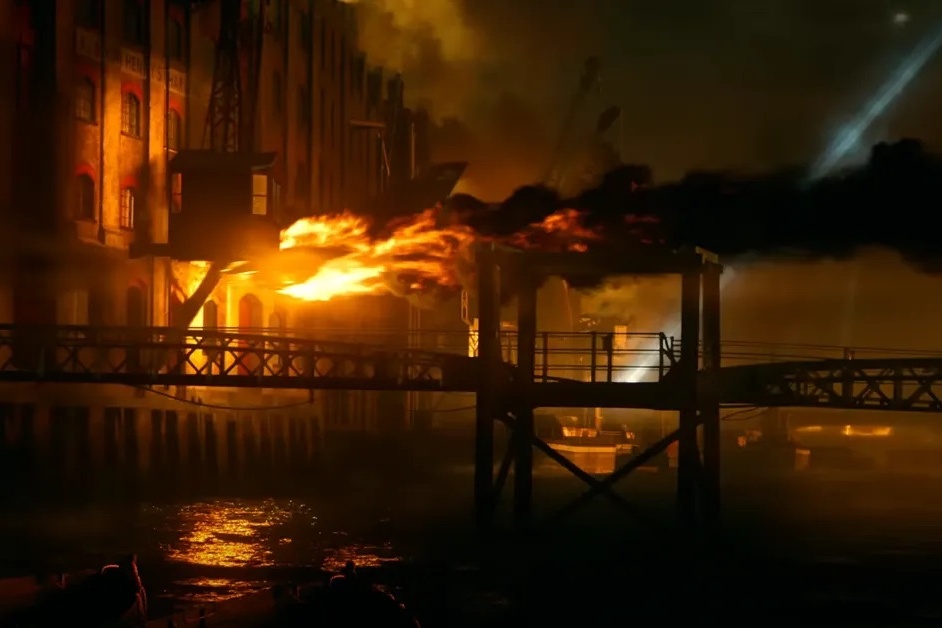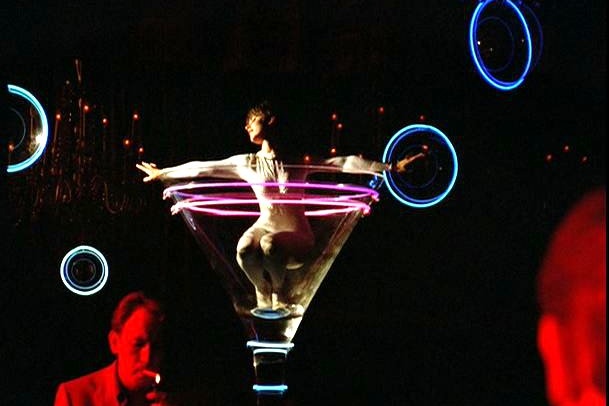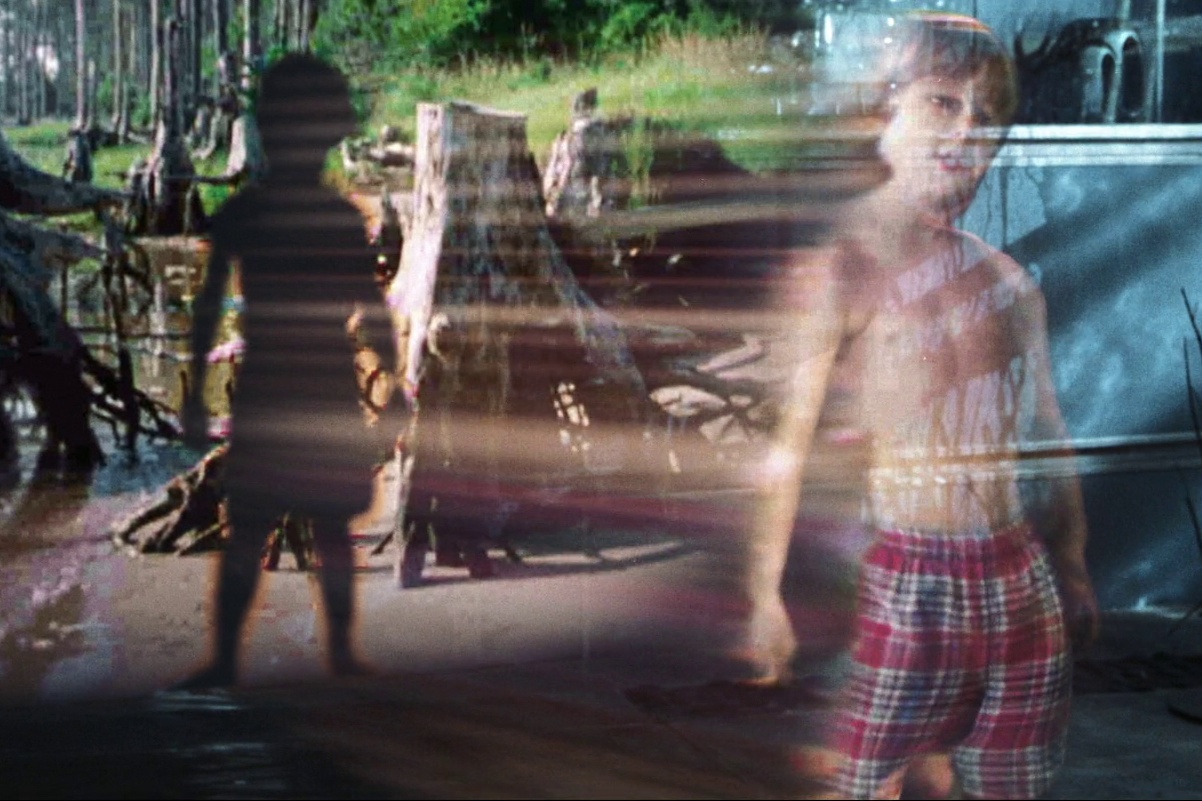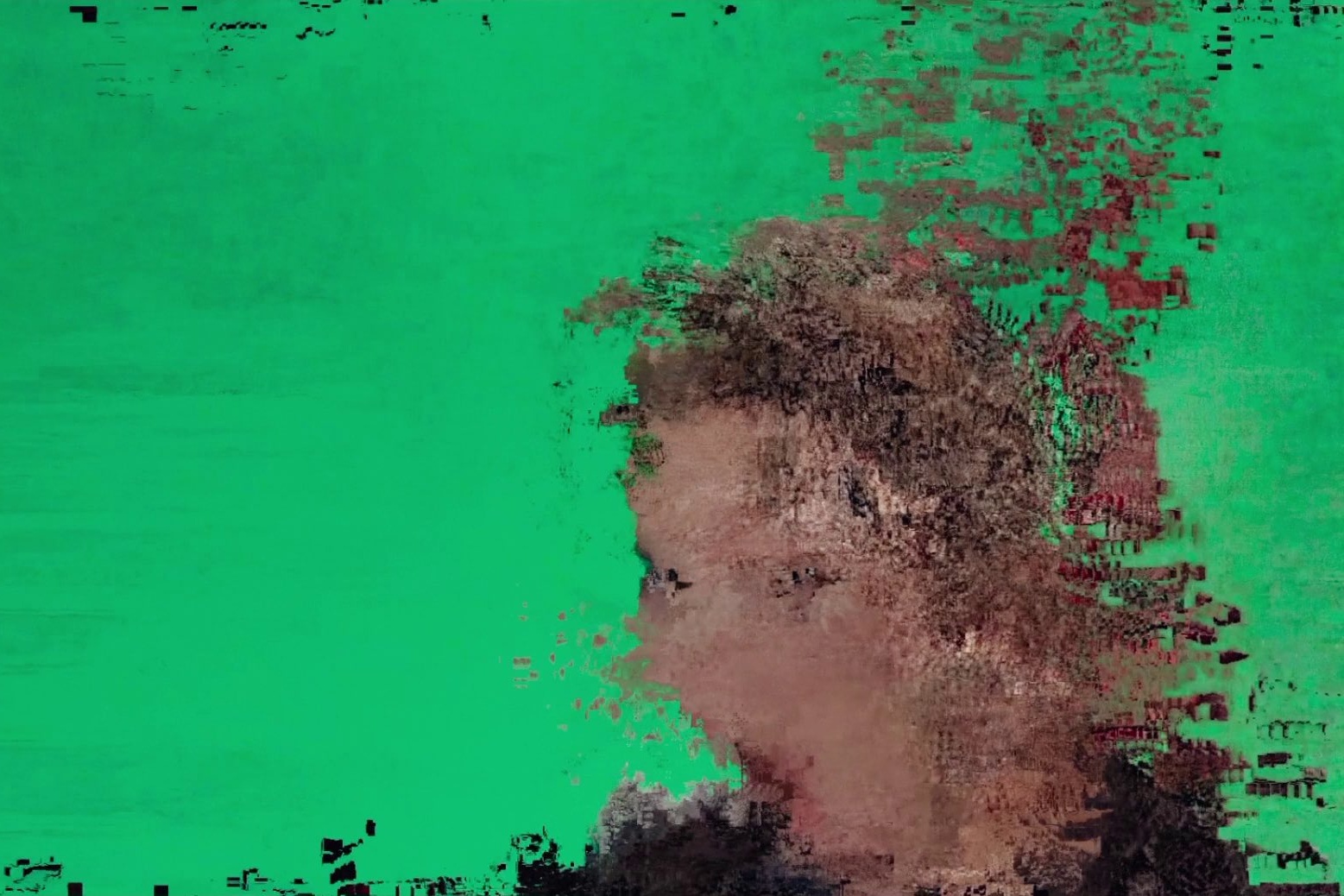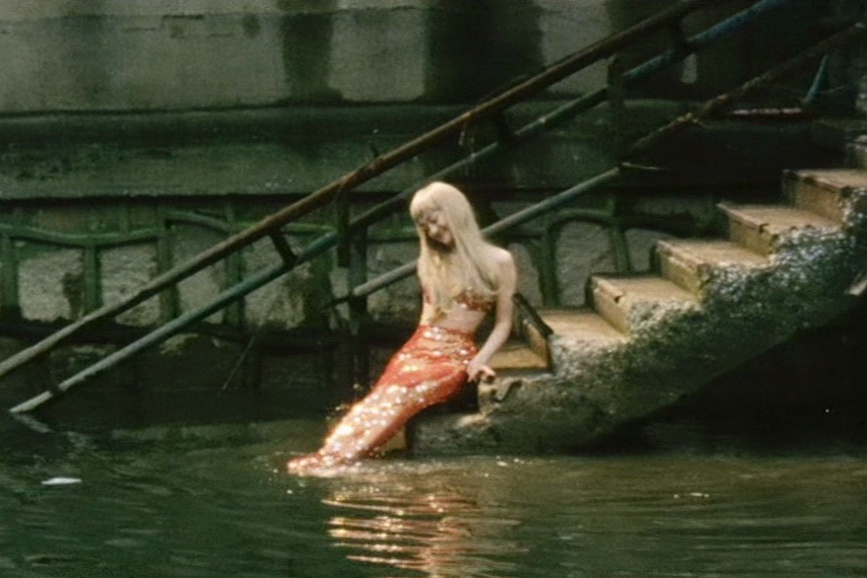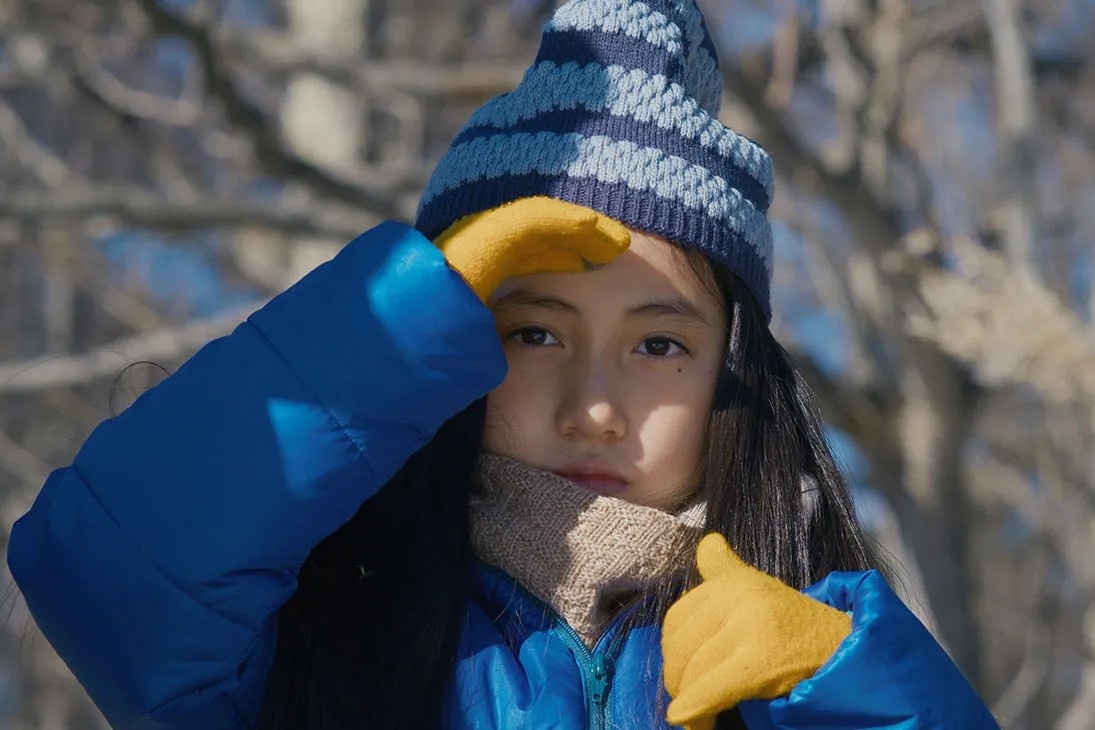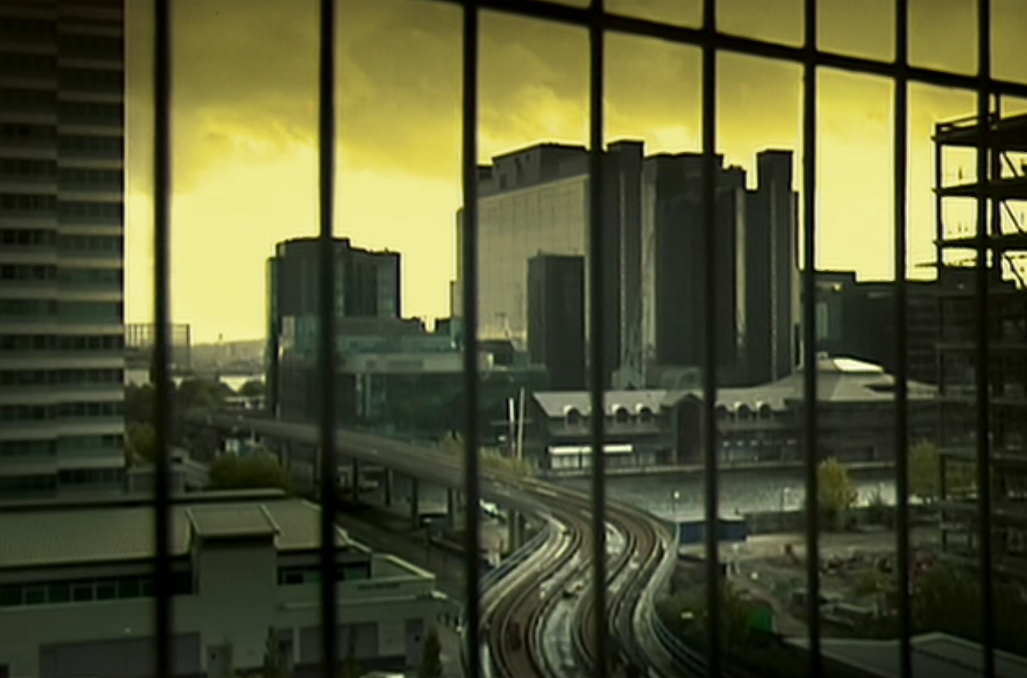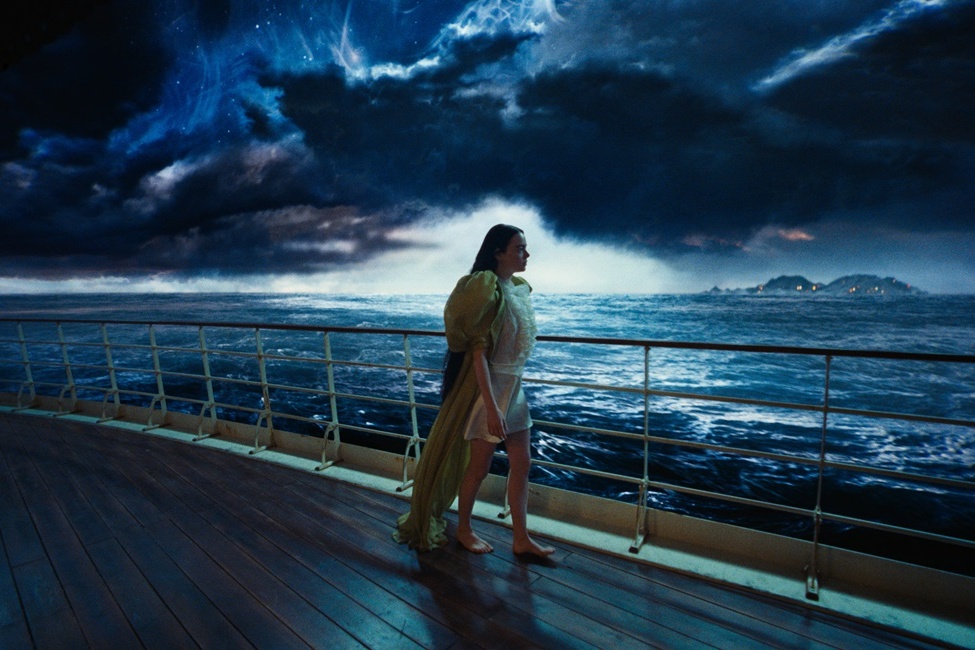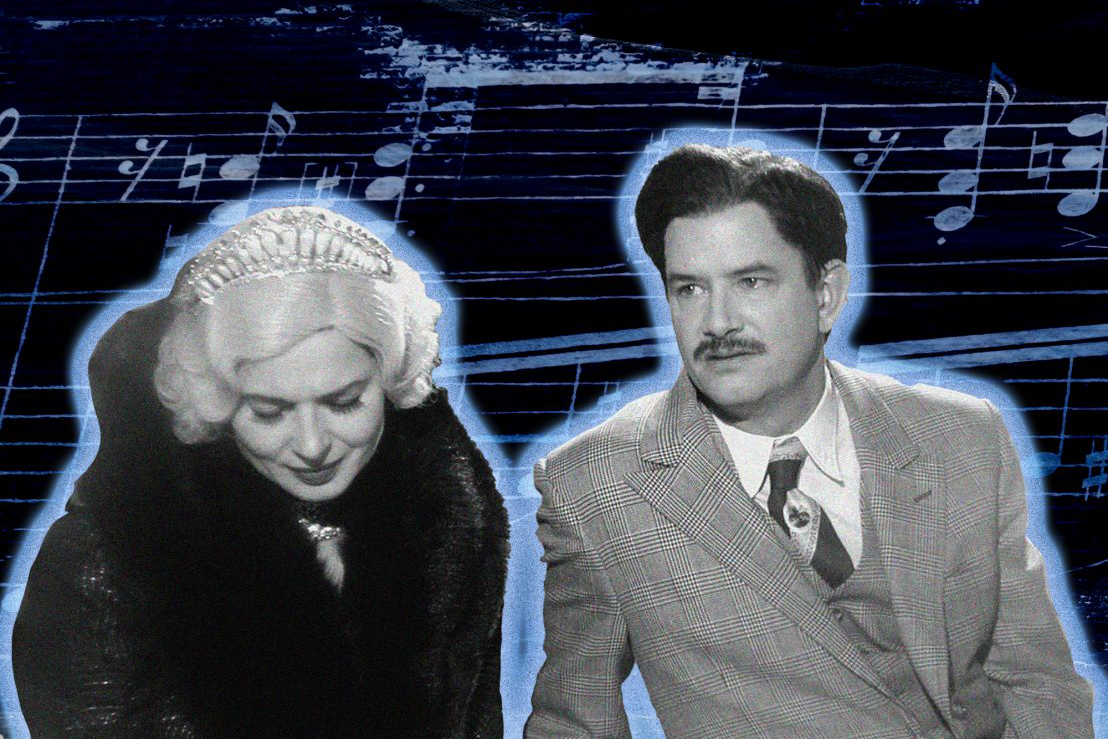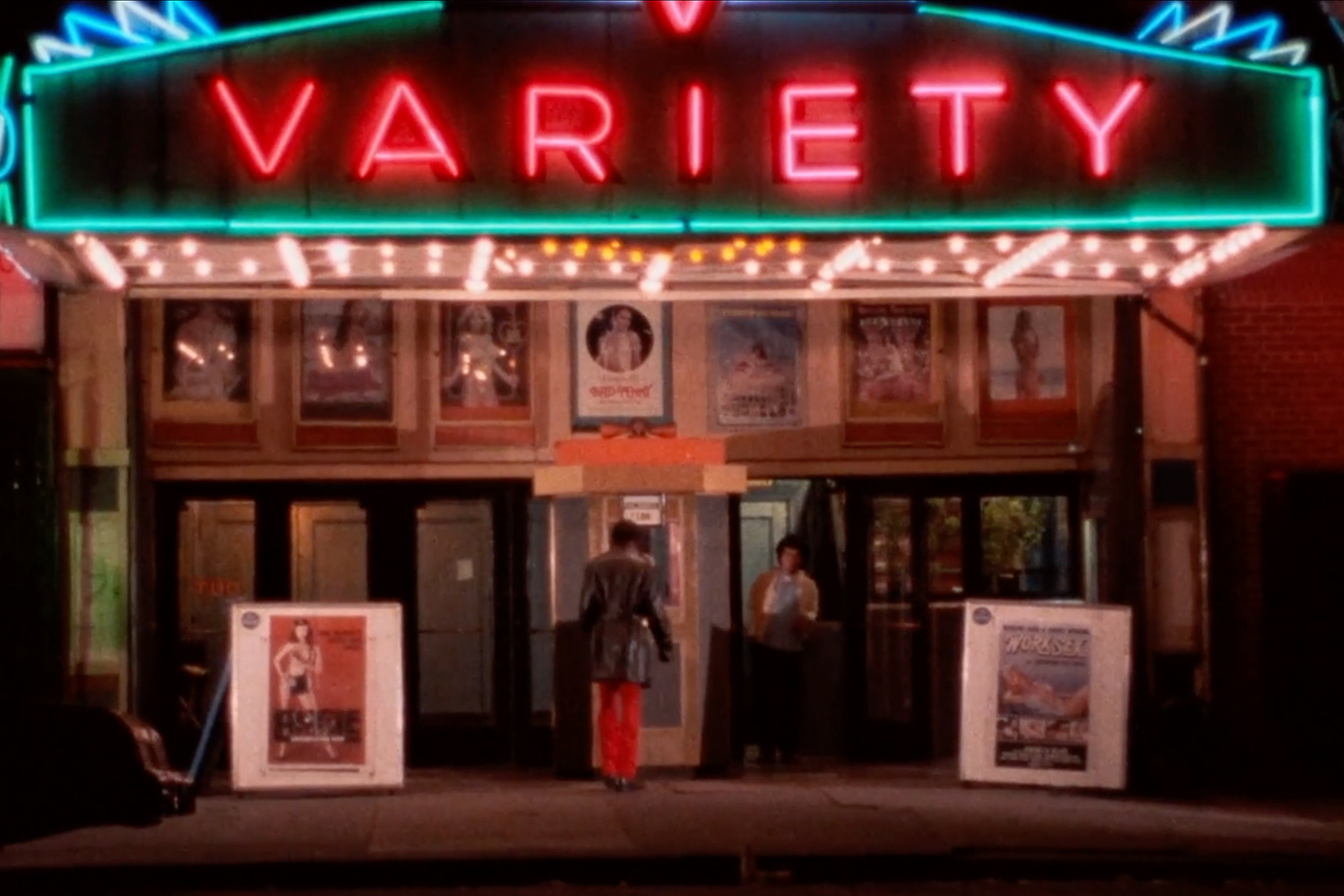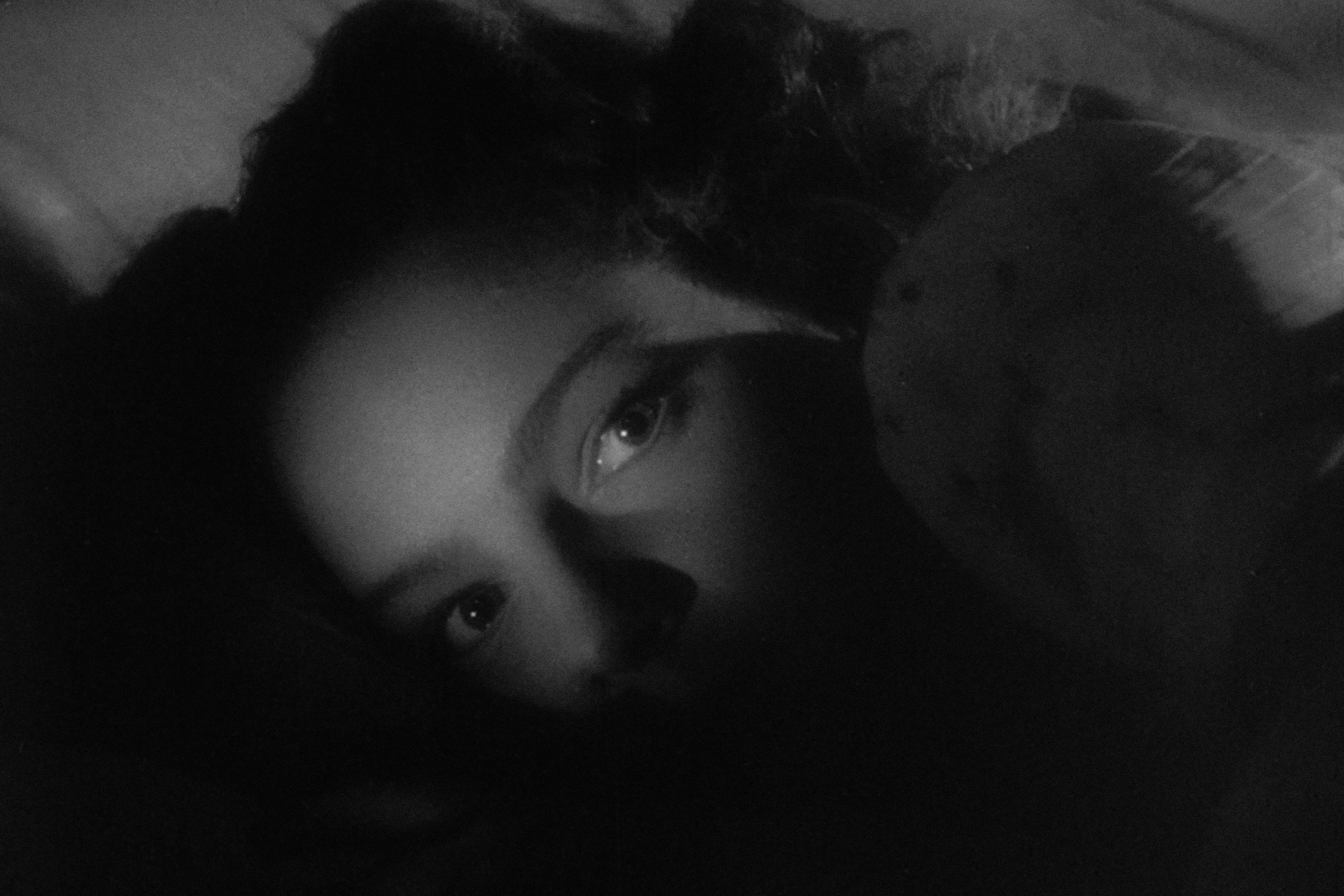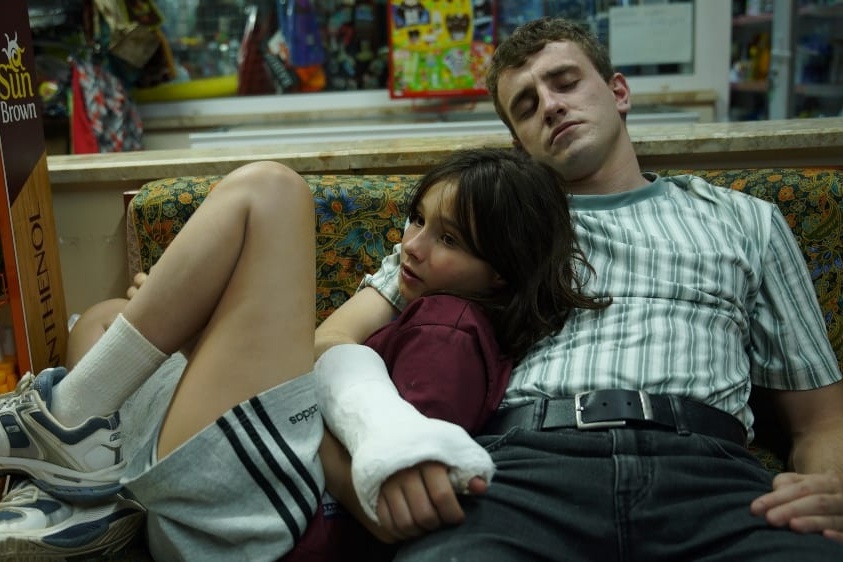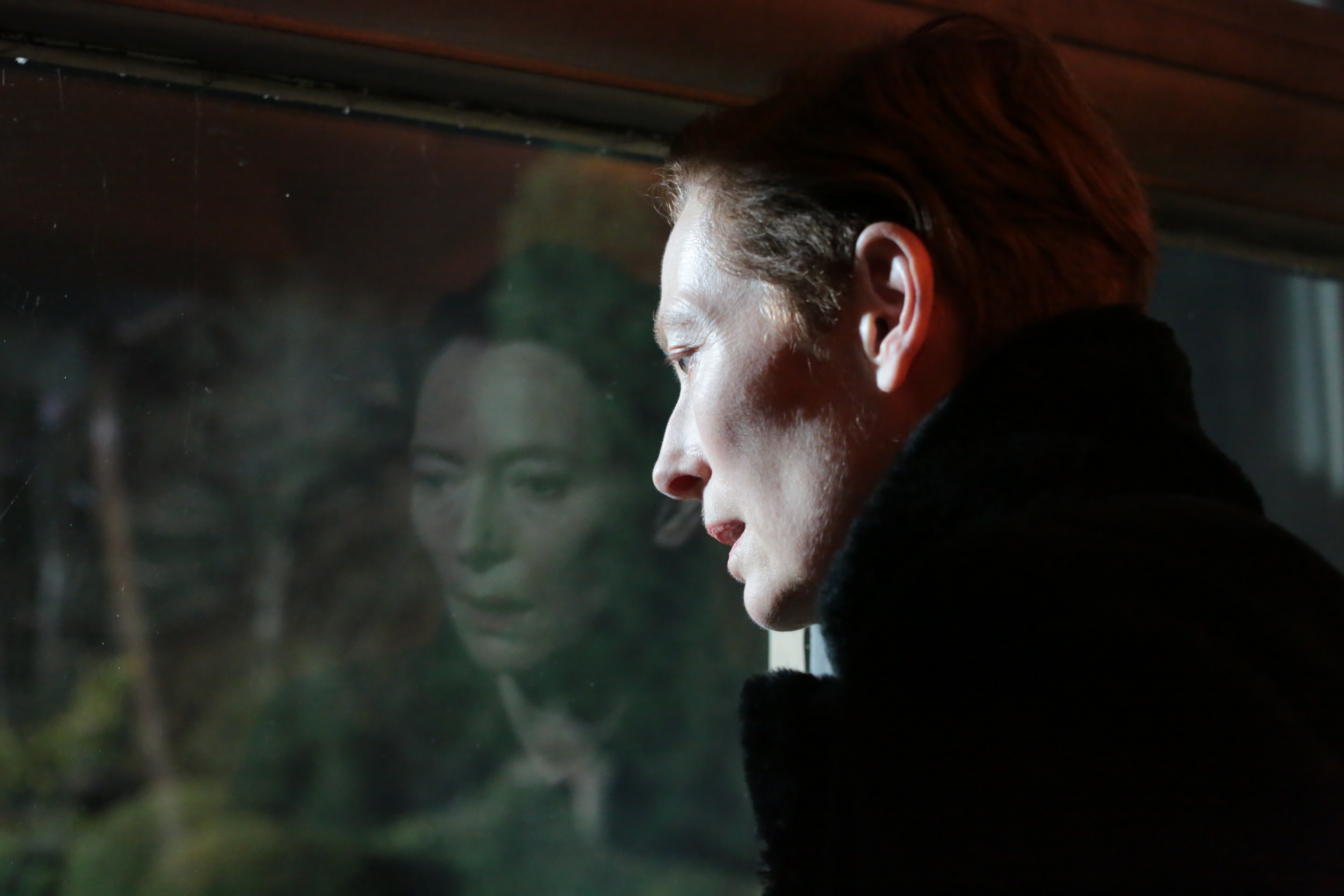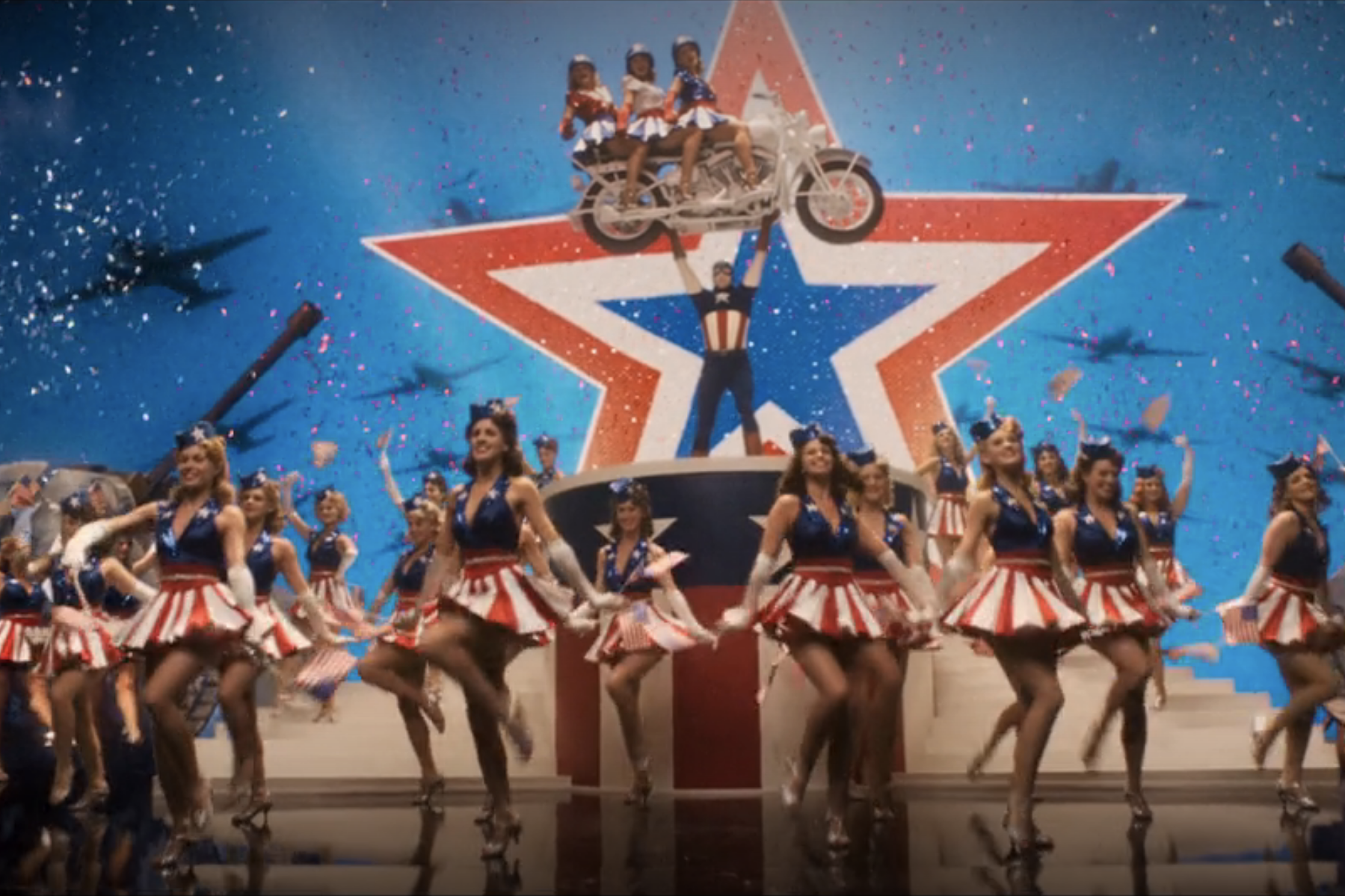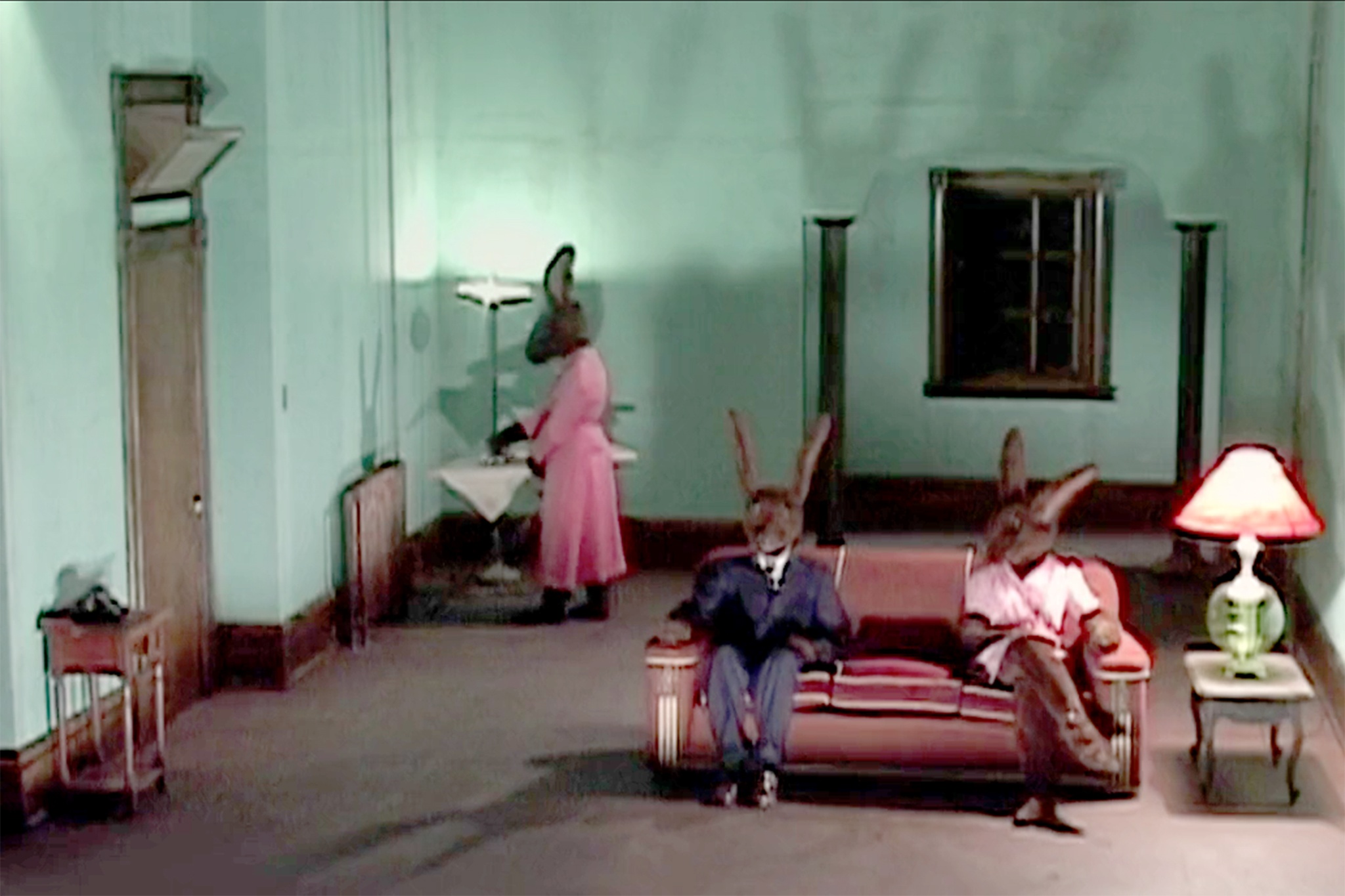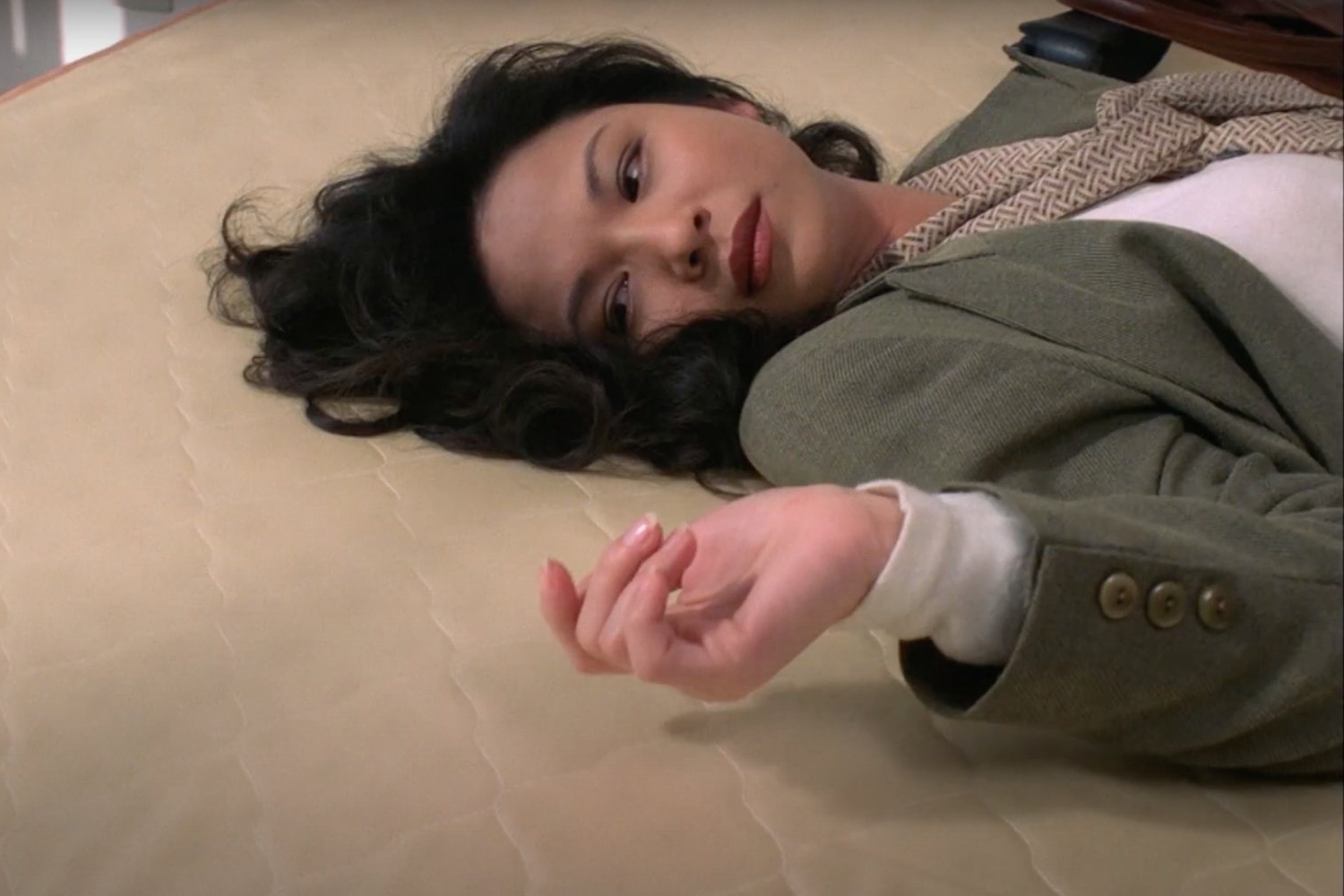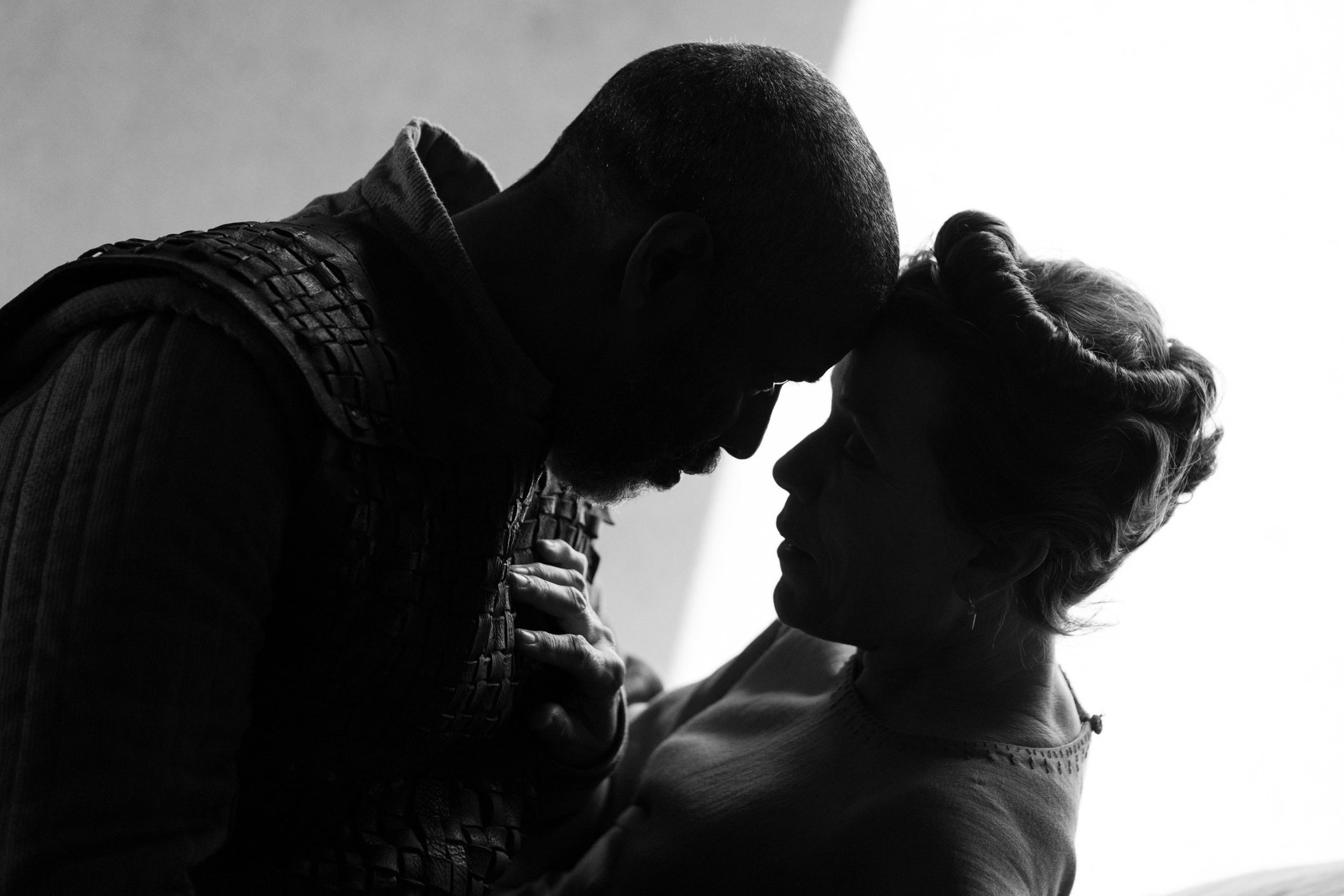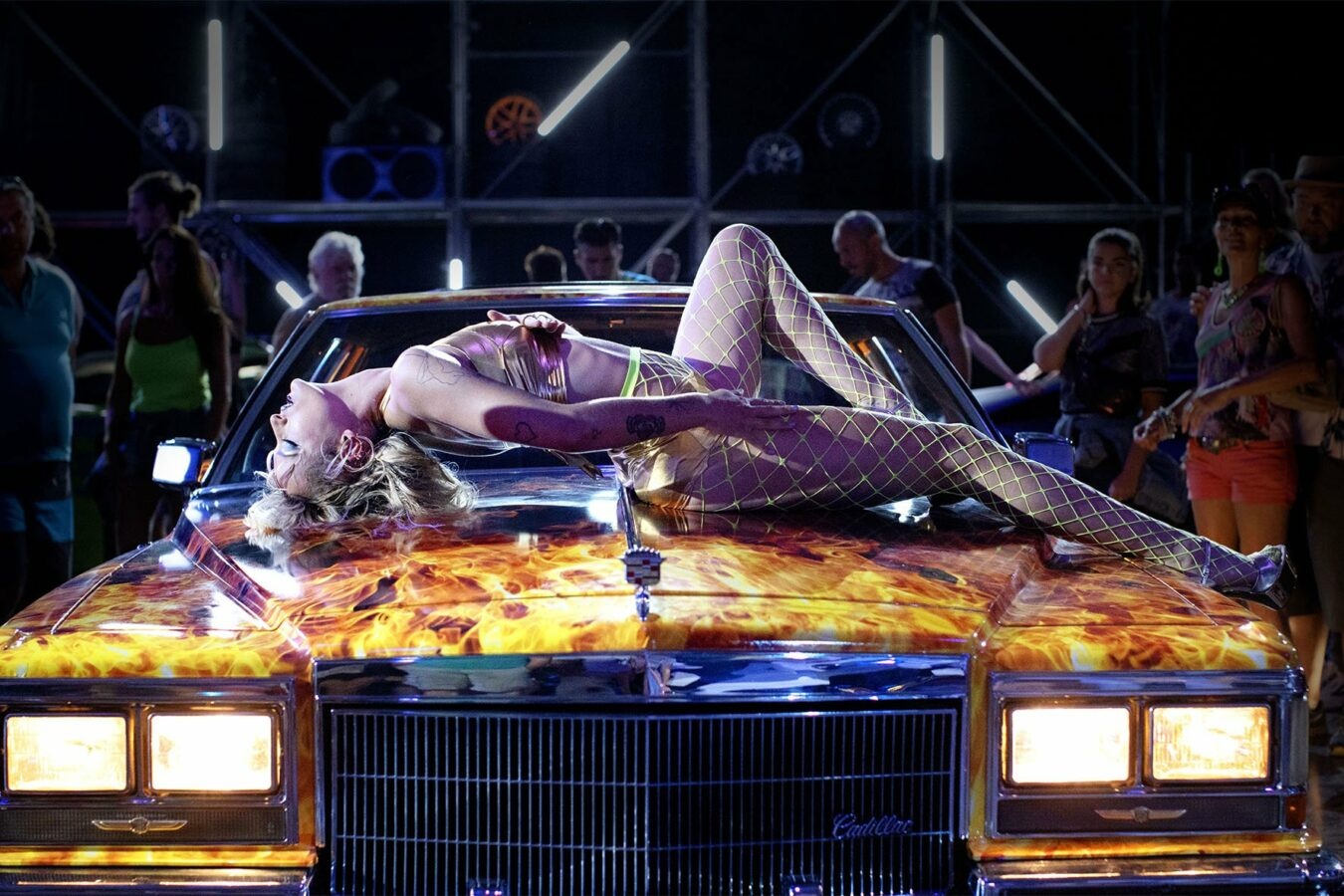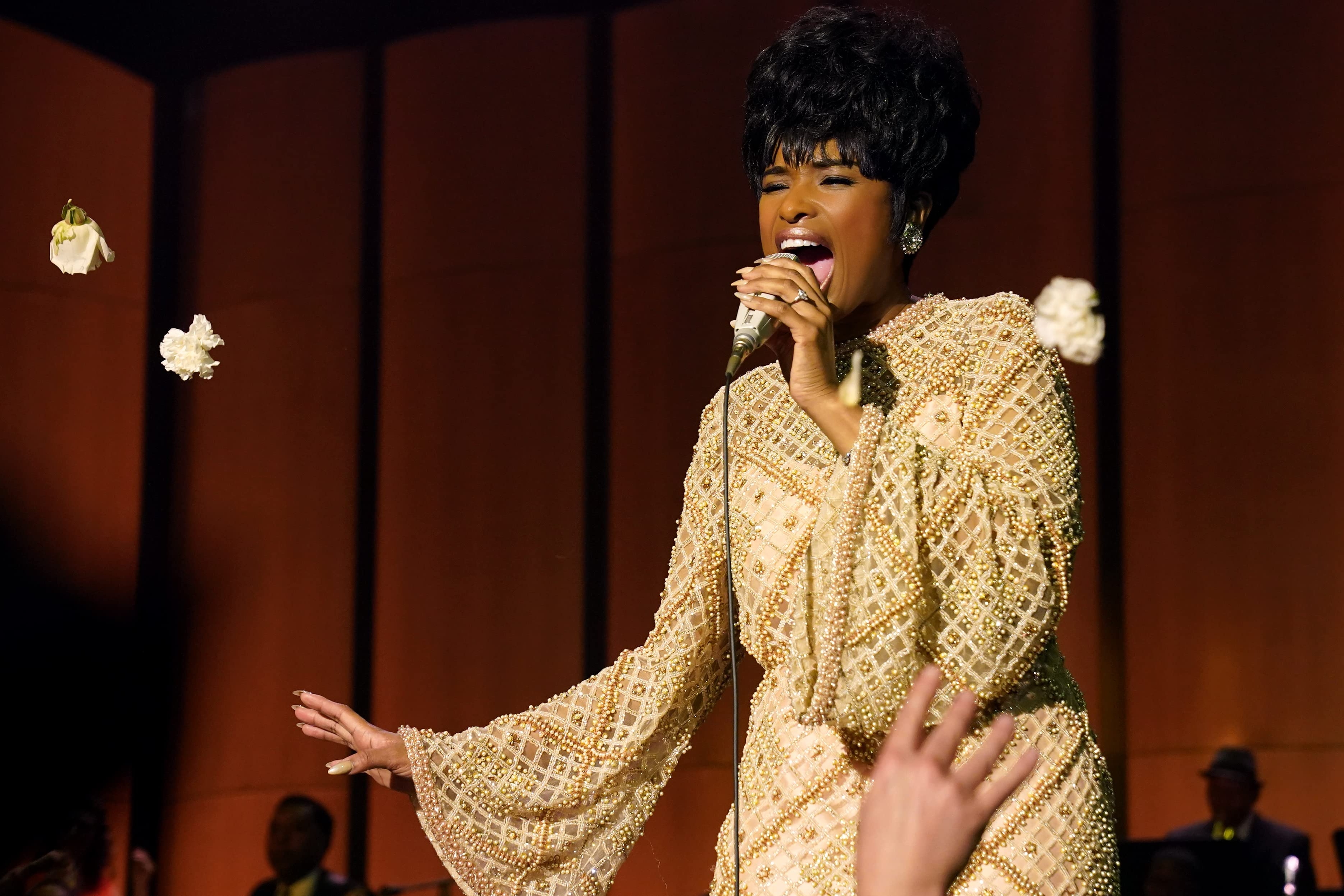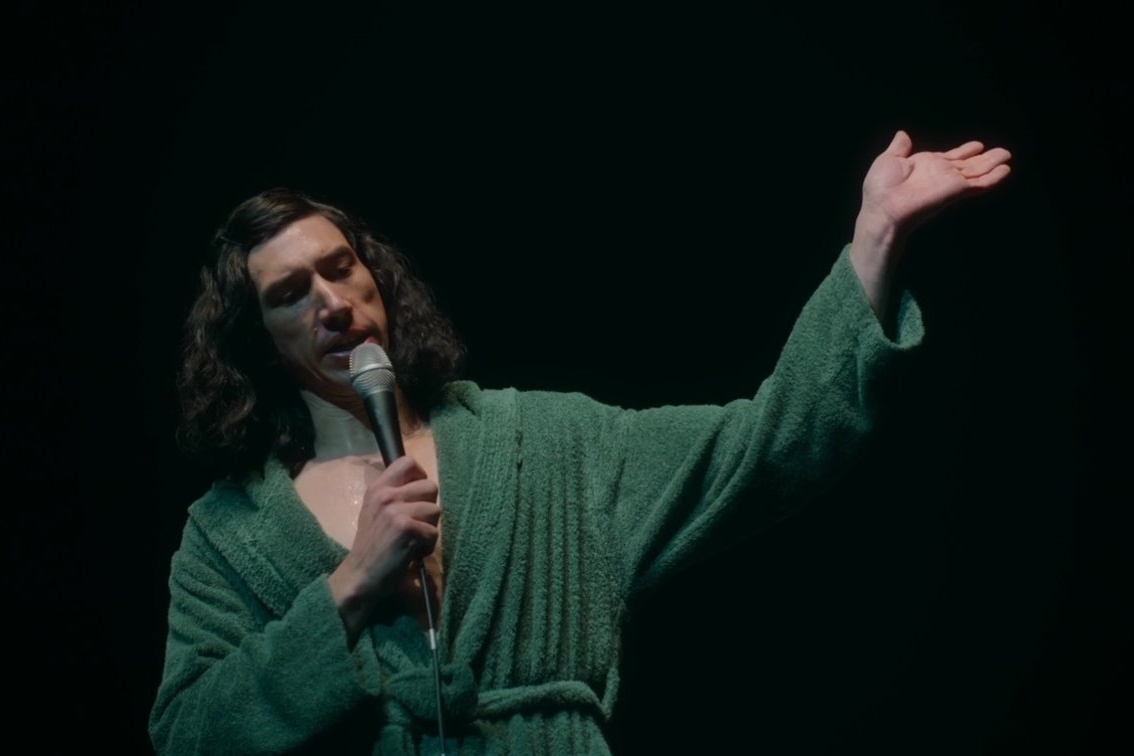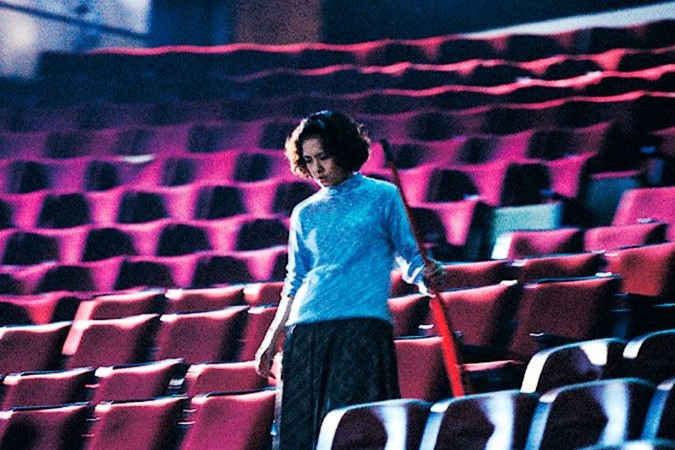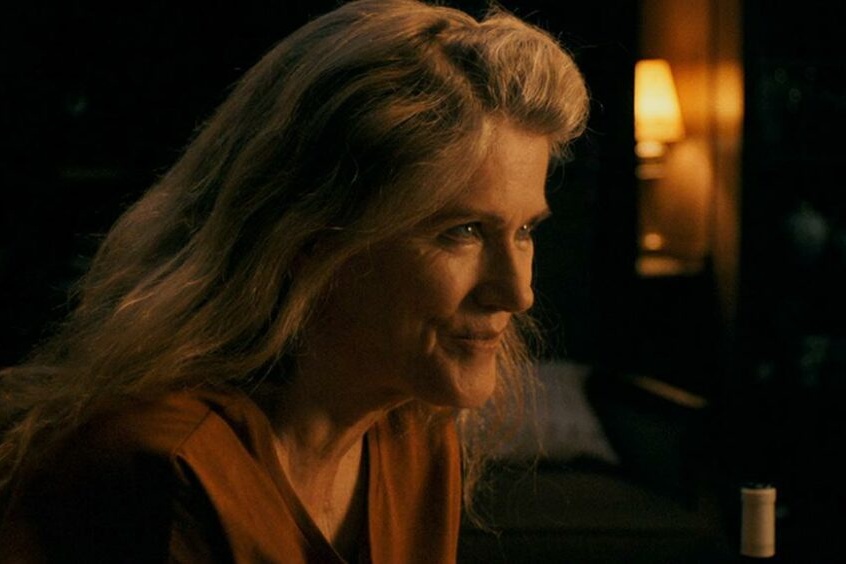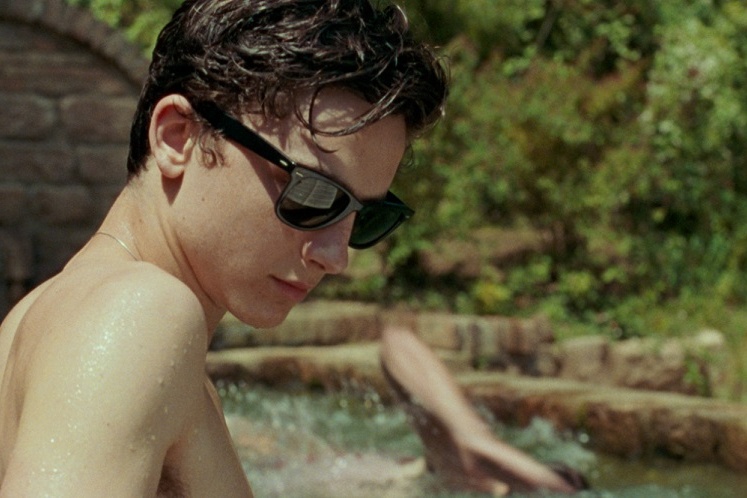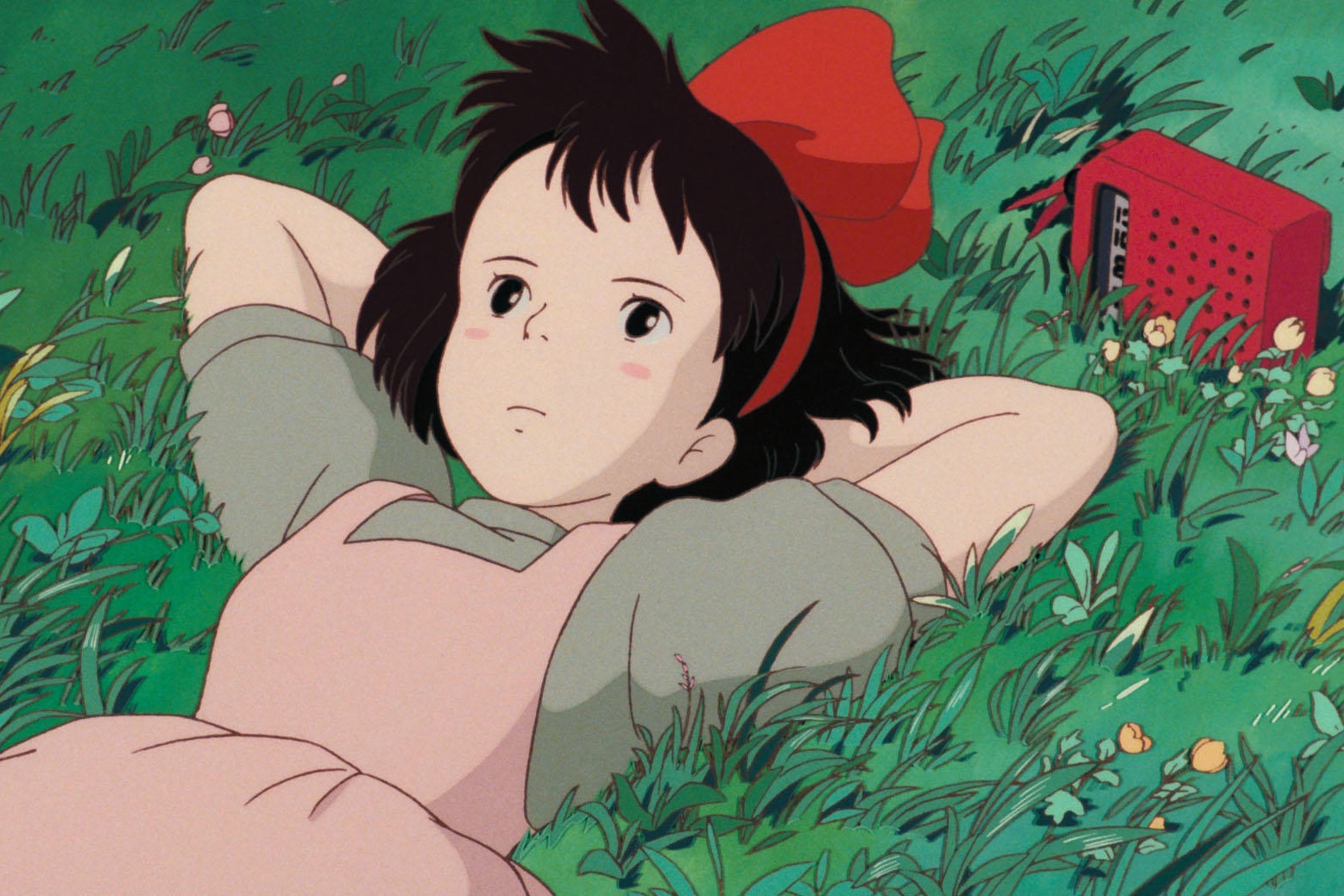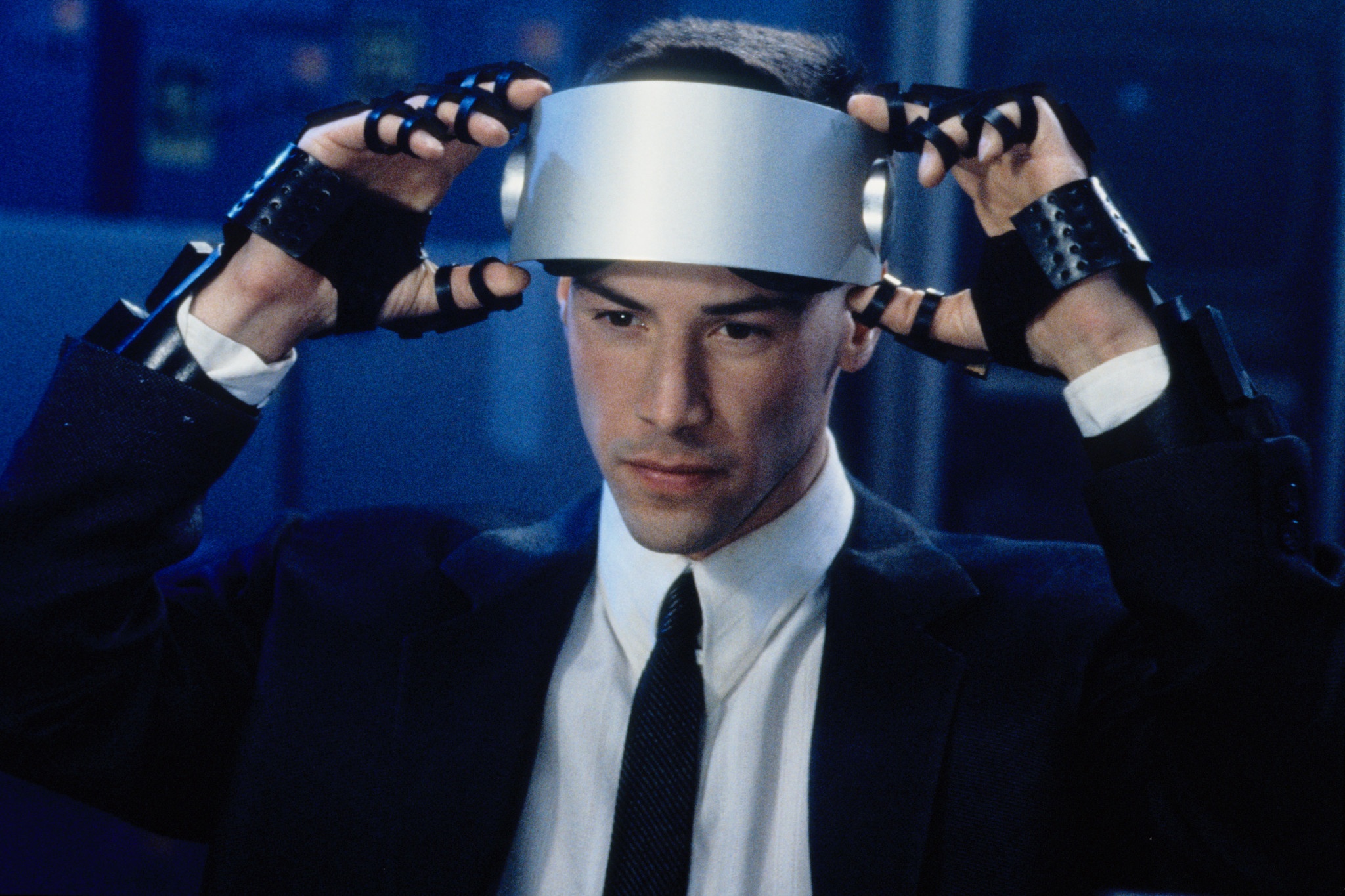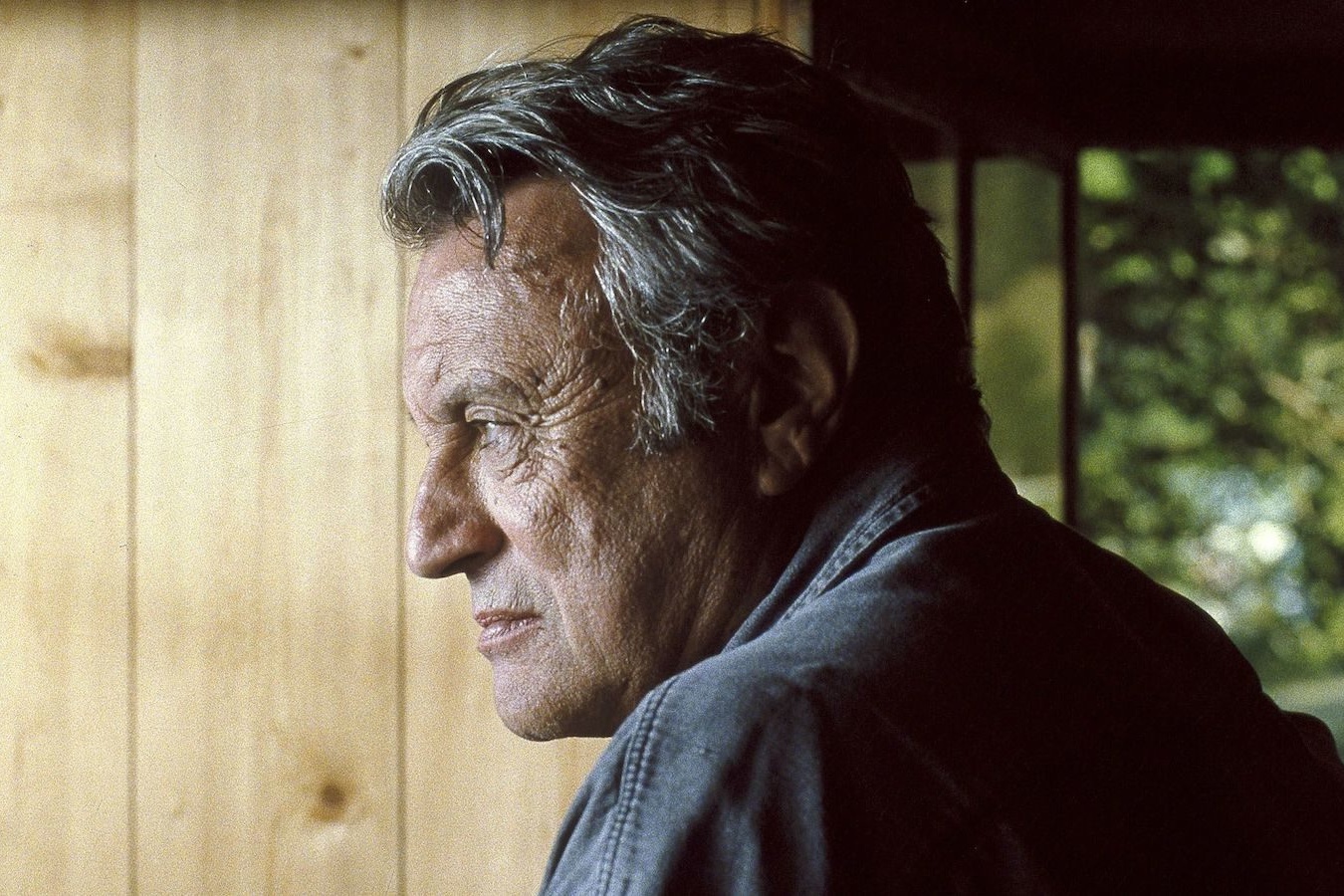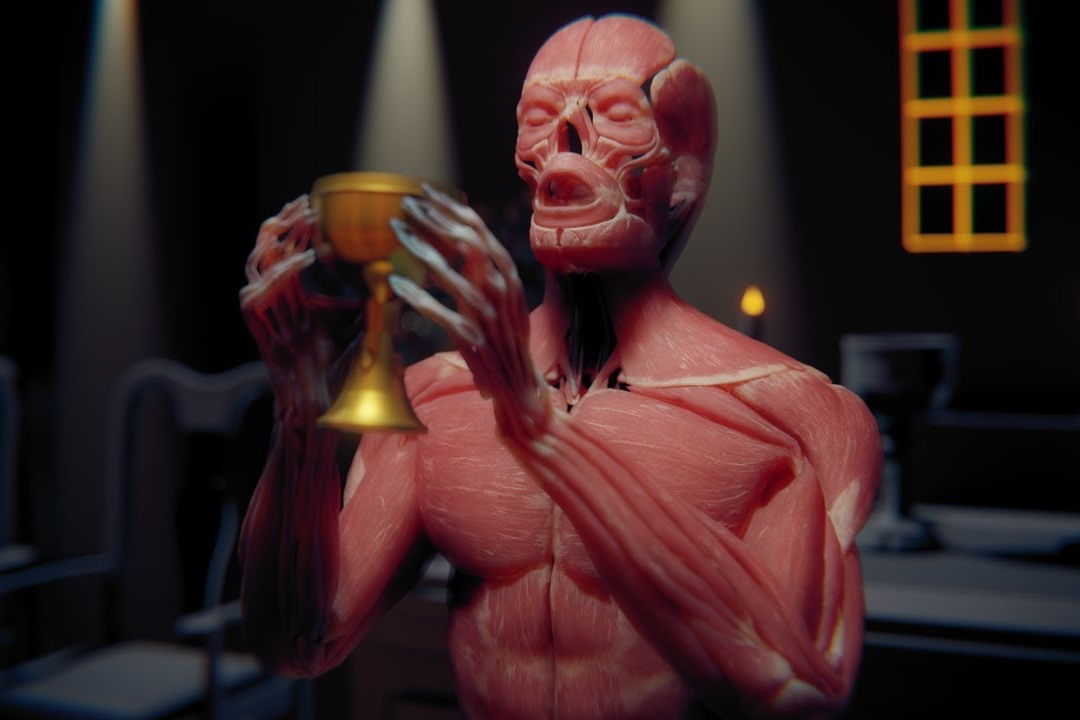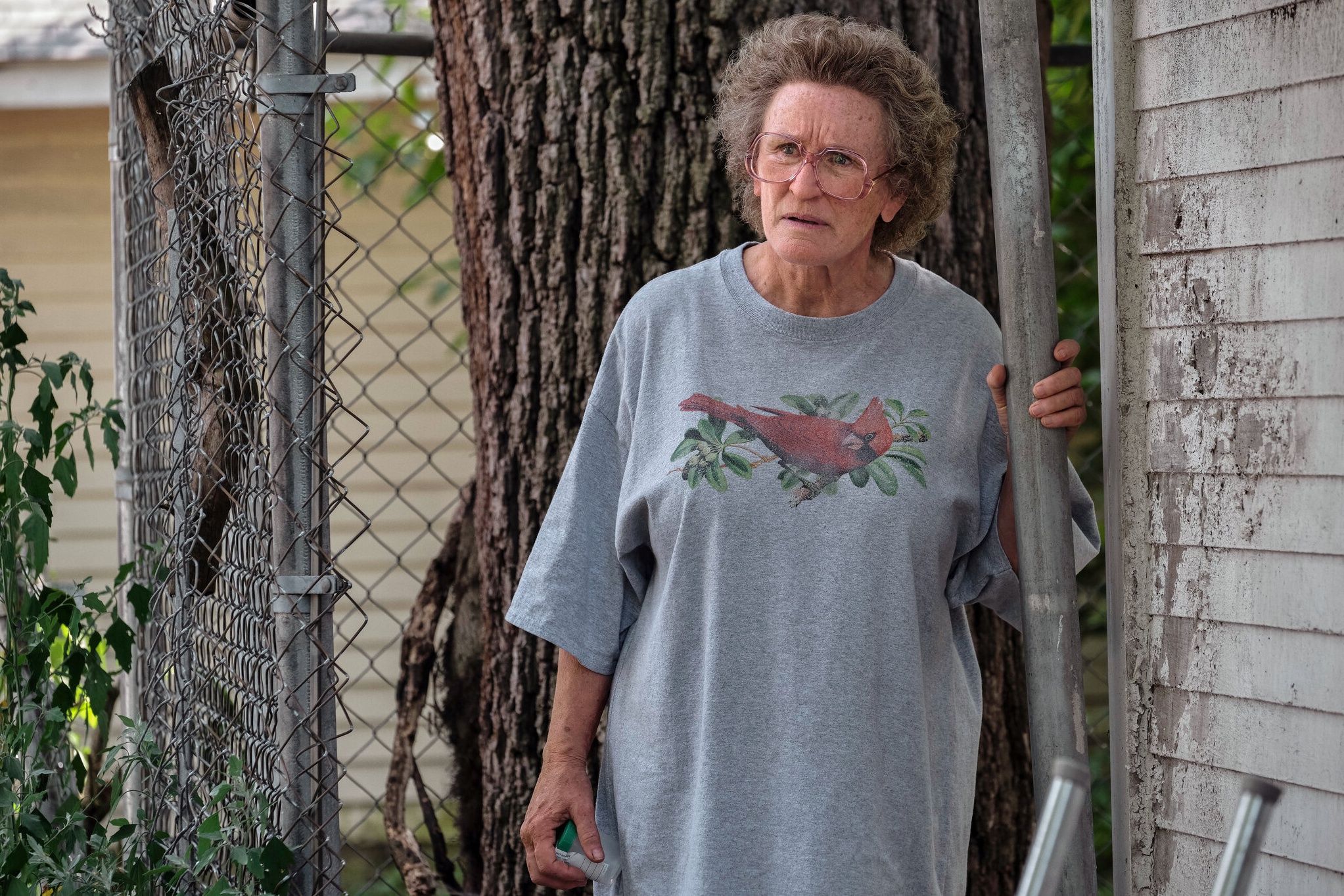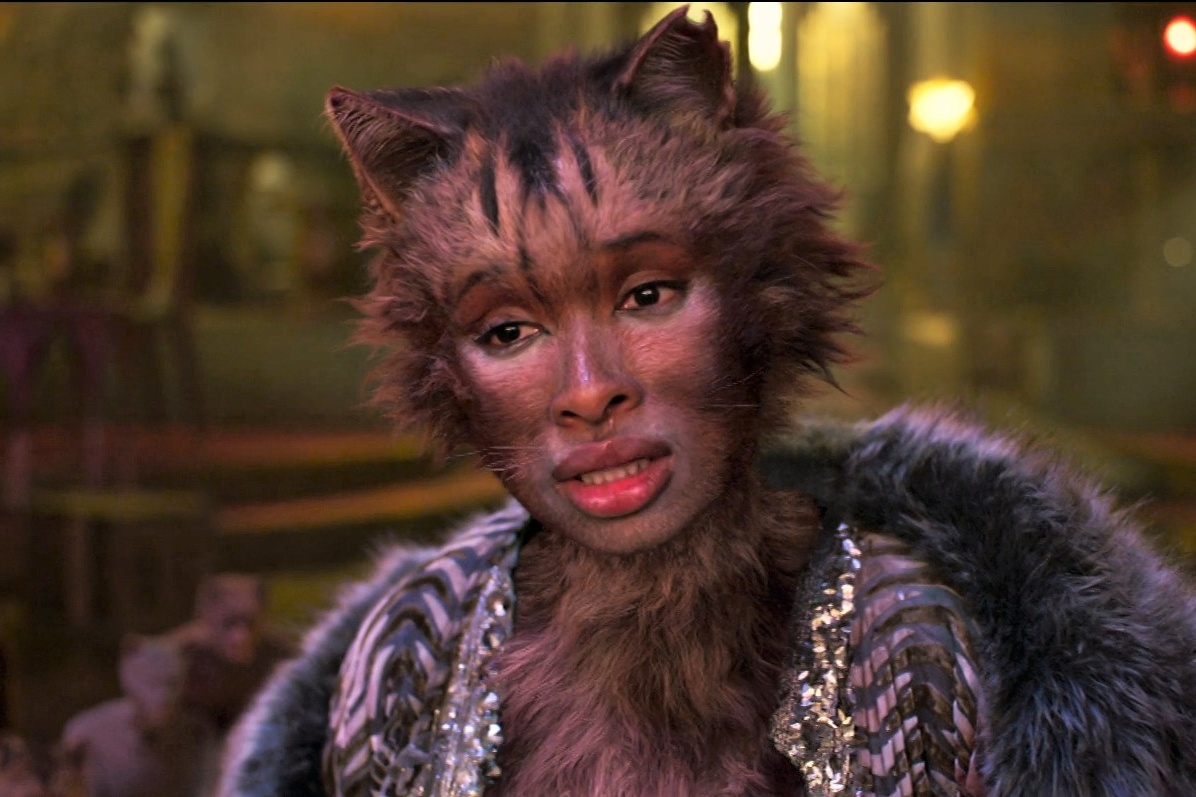Aftersun

Young dad Calum (Paul Mescal) is tucking his 11-year-old daughter Sophie (Frankie Corio) into bed; they’ve just arrived at a Brit-crammed Turkish holiday resort, and Sophie is presumably knackered. As she lies asleep in the foreground, he sneaks out for late-night cigarette on the balcony. In one long, slow shot, the camera closes in on Calum, his back to us. He lights up, takes a few drags, and then begins to sway dreamily from side to side. Is he practicing tai chi? Dancing? What is Calum thinking about? And why, just five minutes into the film, does such a mundane action already feel so mysterious, so sad?
Aftersun covers the few days of holiday leading up to Calum’s birthday, and though largely told from Sophie’s perspective, these moments of Calum on his own punctuate the film, giving us some indication of his insecurities and unhappiness while frustrating our desire to learn more. Cinema has devised various conventions for entering into a character’s head — voiceovers, suggestive editing, fantastical dream sequences, and so on — but the fact is that simply pointing a camera at someone never quite penetrates the surface in the way we might want it to. Not that our human senses, filtered by memories with a cruel tendency to self-edit, are much better. Understanding this intimately, Charlotte Wells’ unsettling debut is very much about the interplay between memory and film, and the limitations both pose as a way of truly knowing someone.
Aptly, Aftersun’s key prop is a camera — the camcorder Calum and Sophie have brought to document their trip, whose grainy first-person footage is intermittently inserted into the film, providing a different flavour of nostalgia-tinted images to Gregory Oke’s vibrant 35mm cinematography. The camera gets us intimate with the pair; we see from Calum’s point of view as he lovingly teases his daughter for her “massive head,” and then from Sophie’s as she excitedly recounts an encounter with an octopus. (The thoroughly natural Corio, who has none of the irritating overconfidence and cutesiness I associate with British child actors, still manages to be utterly charming in scenes like this.)


The camcorder also uncovers — for us viewers, at least — quiet tensions in their relationship, as when Calum becomes unsettled by a seemingly innocent question: “When you were 11, what did you think you’d be doing now?” Calum asks Sophie to turn it off; “Okay,” she begrudgingly concedes, “I’ll just record it in my little mind camera.” But memories betray us — and later we see a grown-up Sophie (Celia Rowlson-Hall) watching back the holiday footage, seemingly grasping to find some measure of objectivity against which to compare her own recollections. These scenes force us to reimagine Aftersun’s present tense as an extended flashback; we get the sense that the adult Sophie, now a parent herself, is trying to figure out where it all went wrong.
But what exactly did go wrong? Sunbathing by the pool, visits to the arcade, a ridiculous Macarena dance-along (a reminder that the film is an unshowy late-90s period piece), even a first kiss — what we actually see is, for the most part, a happy trip for Sophie. Aftersun’s laidback summer vibes nevertheless carry a pervasive air of melancholy. We get this sense not from what’s seen or said but what isn’t. An unease is half-sketched by Oliver Coates’ sparse score, deft editing choices, and above all Mescal’s warm-yet-detached performance; even as Calum proves himself an attentive and loving father, we get the sense he’s somewhere else. The specifics of his apparent depression, and the future of Calum and Sophie’s relationship, are mysteries the film is unwilling to treat as such, less still to solve. Was there, we can’t help but wonder, even a future?
I’m making it sound miserable, which it isn’t. Mescal and Corio’s effortless chemistry makes plenty of room for laughs, and Wells treats even the film’s more bittersweet moments with a light touch. There’s nothing flashy or forced here, but her approach nevertheless manages to foster a strong sense of filmmaking identity; taking an otherwise naturalistic approach, Aftersun finds its most haunting images in rave-as-dreamscape interludes in which the adult Sophie glimpses her young dad across a packed dancefloor cut up by strobe lights. I’ve seen Aftersun described by critics as one of the best debut films of recent years. Scratch “debut” as a qualifier — this is one of the best films of recent years.
